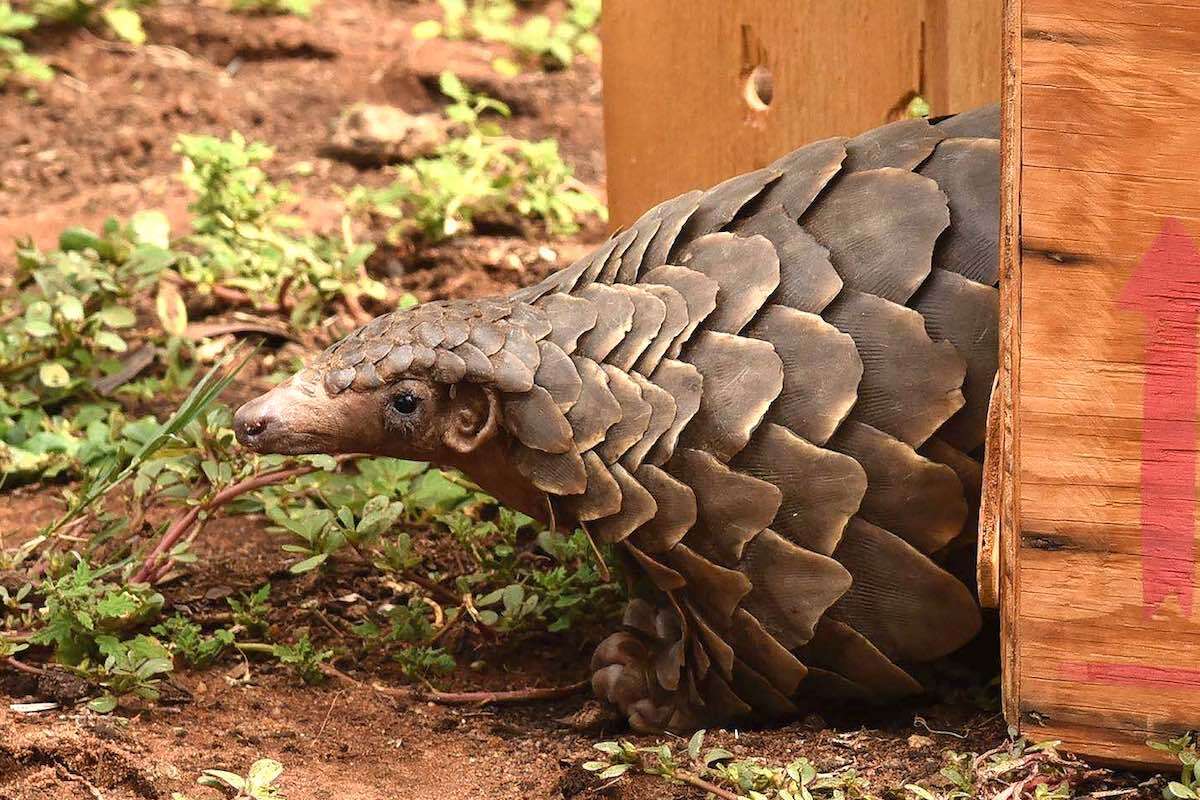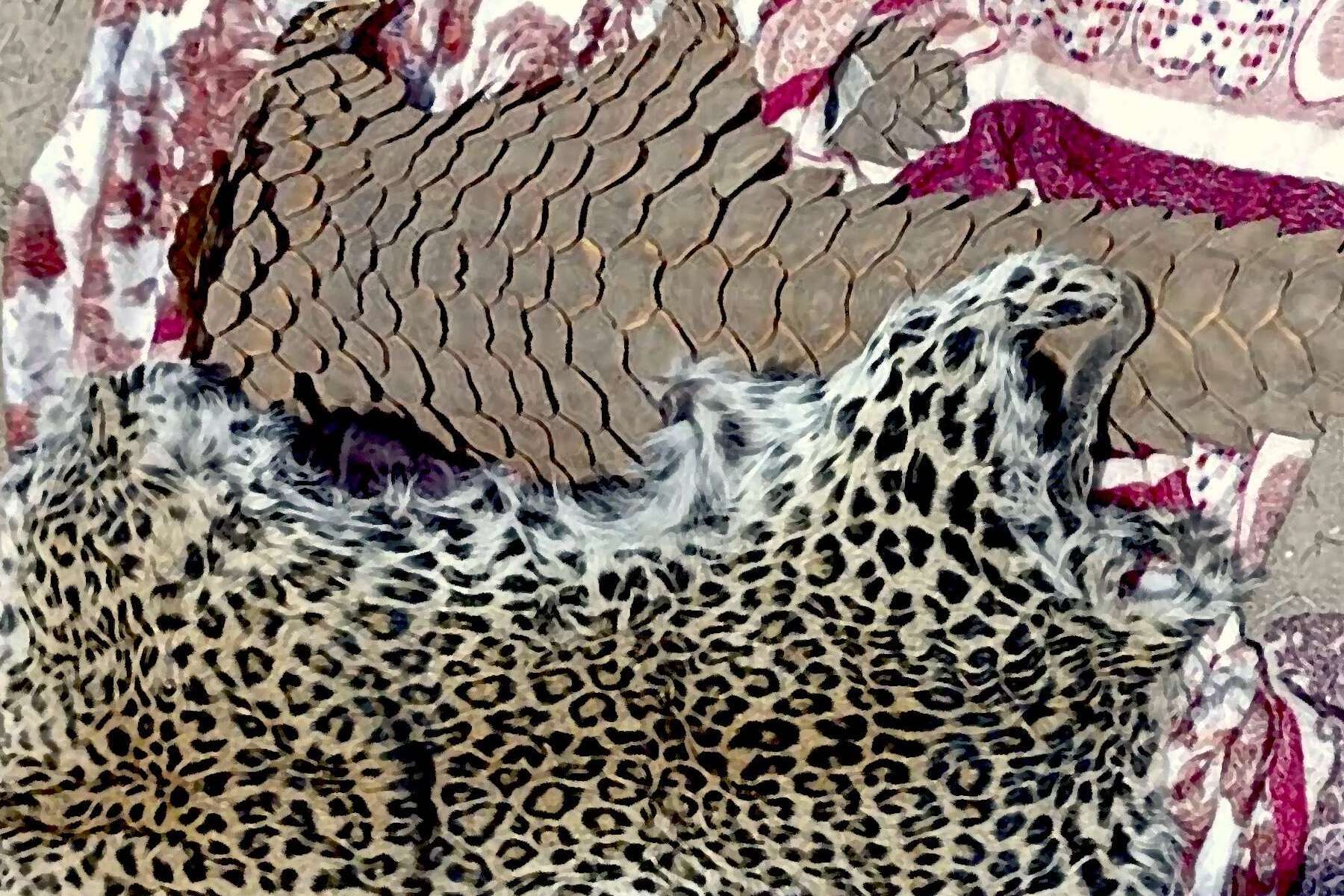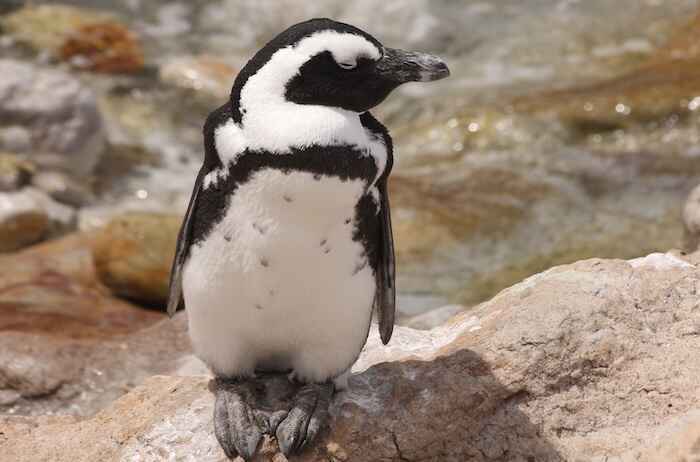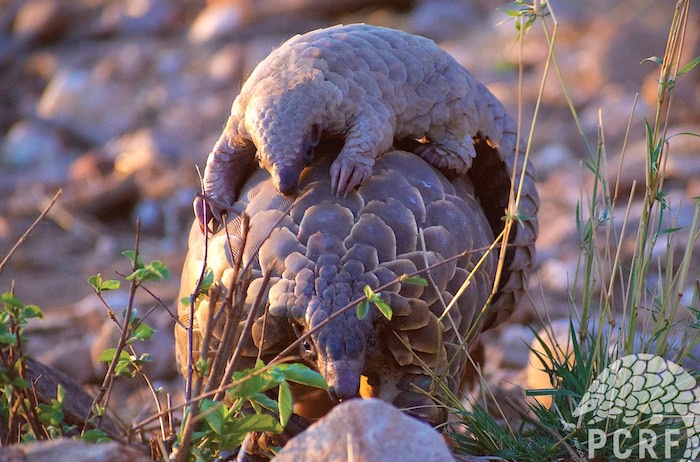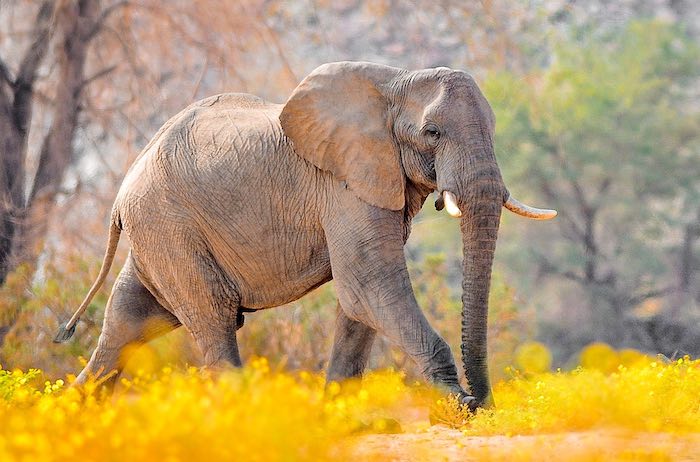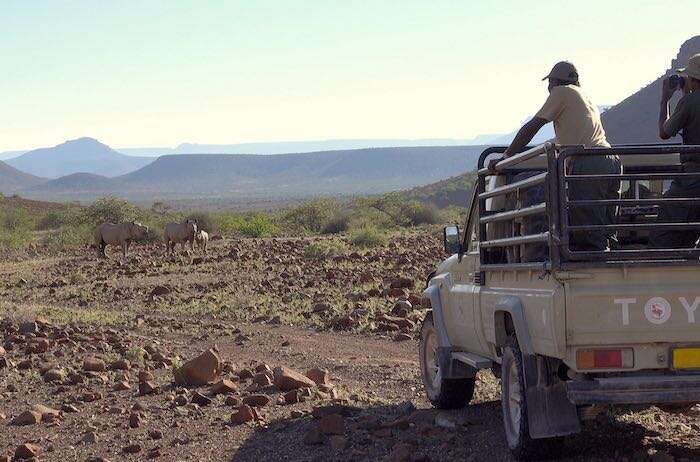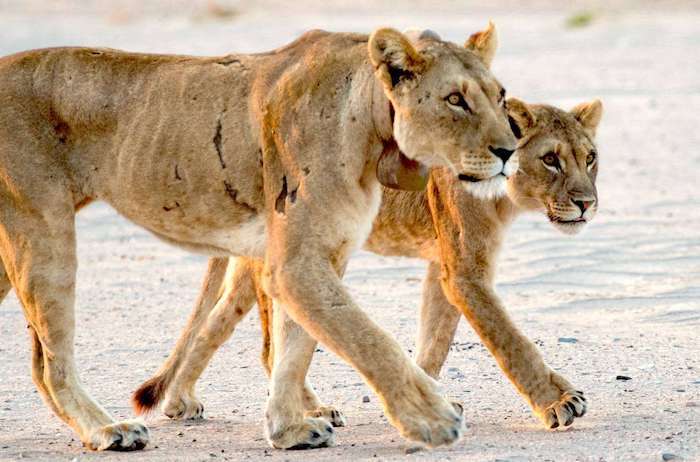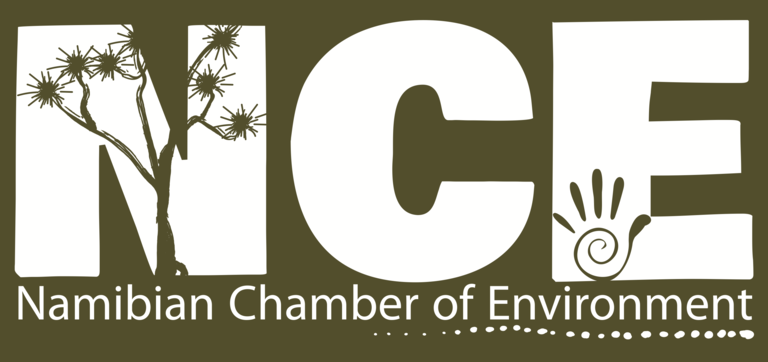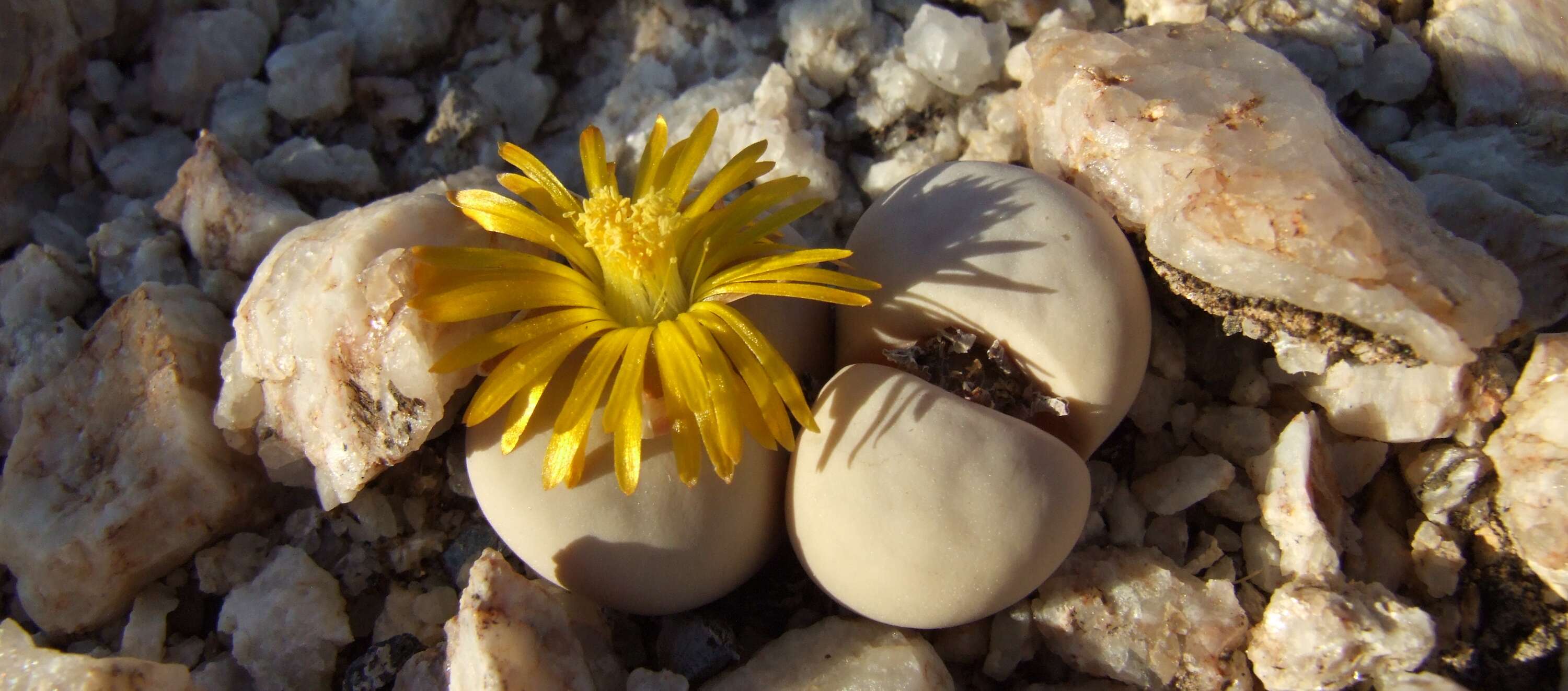
Plant poaching receives more attention in Namibia's fight against wildlife crime
30th October 2024
30th October 2024
Namibia is renowned for its rich diversity of endemic succulent plants, which unfortunately, makes it a target for plant poaching. While Namibia welcomes the interest of plant lovers to see our plants in their natural habitat, increasing attention from illegal plant poaching syndicates is a troubling development.
Most of our unique succulents occur in the Kaokoveld Centre of Endemism in north-western Namibia, which continues into Angola, and the Gariep Centre of Endemism in south-western Namibia, which continues into South Africa. These remote areas are vulnerable to cross-border smuggling and difficult to patrol, while many of the plants growing here occur nowhere else (known as endemic species).
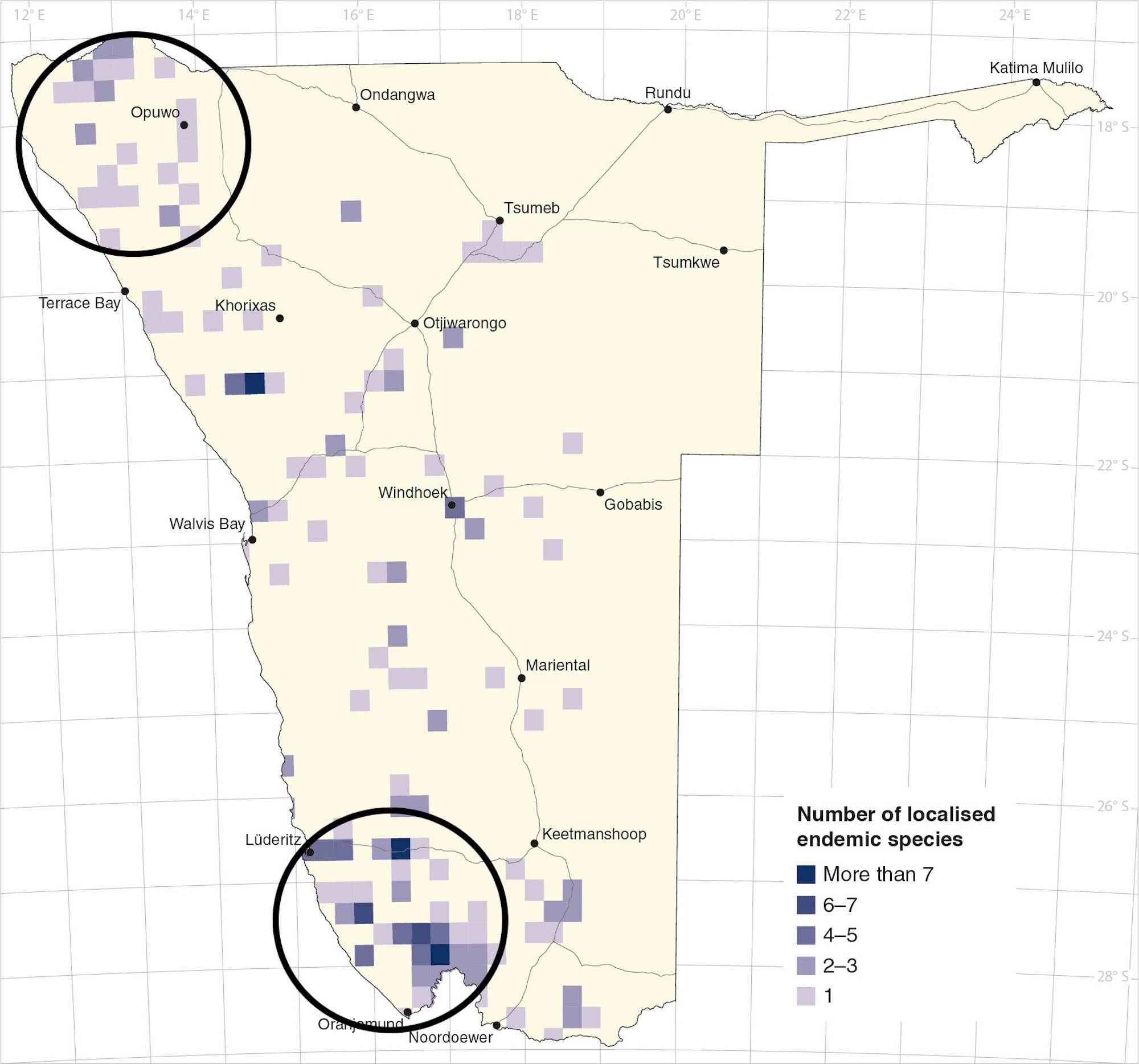
Plant poaching in Namibia used to be restricted to occasional, isolated incidents. Since 2021, we have recorded a sharp increase in plant poaching activities due to the increased trading in rare plants ascribed to global trends in online trade of succulents for ornamental purposes. In the initial stages of this spike, most border officials had never encountered plant smuggling and therefore could not identify species of conservation concern.
Investigators have established that international crime syndicates drive the Namibian plant trafficking operations, employing Namibian nationals to harvest endemic and protected plant species illegally using their local knowledge. The plants are then smuggled across Namibian borders and sold to international plant collectors. From January 2021 to April 2024, 16 wildlife crime cases involving ten protected plant species were registered and 37 suspects were arrested. A staggering 4,128 individual plants were confiscated during these arrests, indicating the level of threat these activities pose to the survival of these species.
In response to increased plant poaching activities, the Ministry of Environment, Forestry and Tourism, the Namibian Police Force and the Namibian Revenue Agency established the Protected Plants Task Team (PPTT) in 2023. This initiative is similar to the Blue Rhino Task Team that focuses on animal poaching.
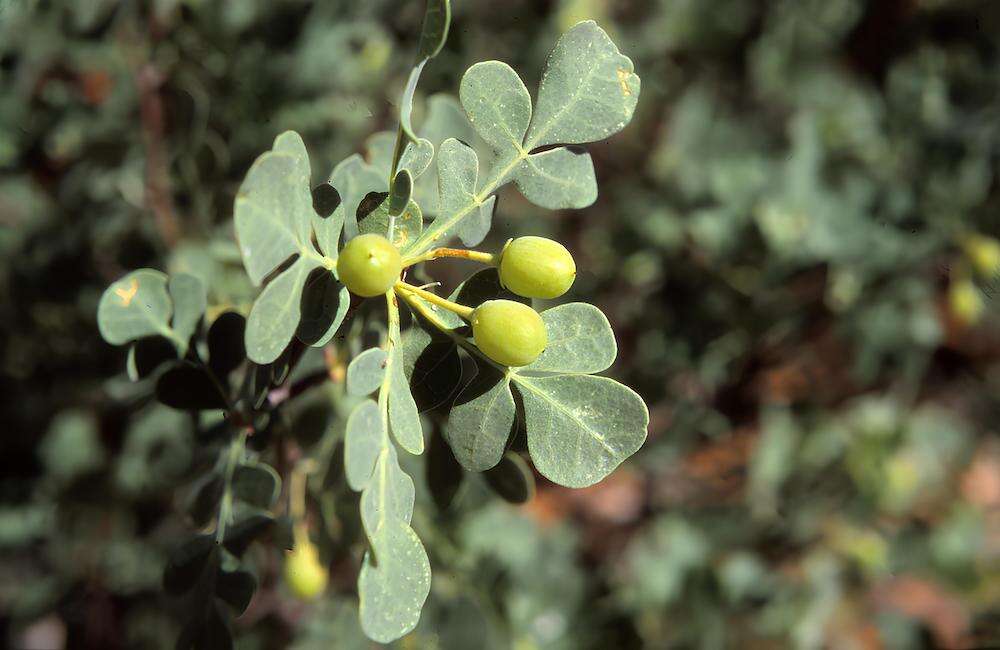
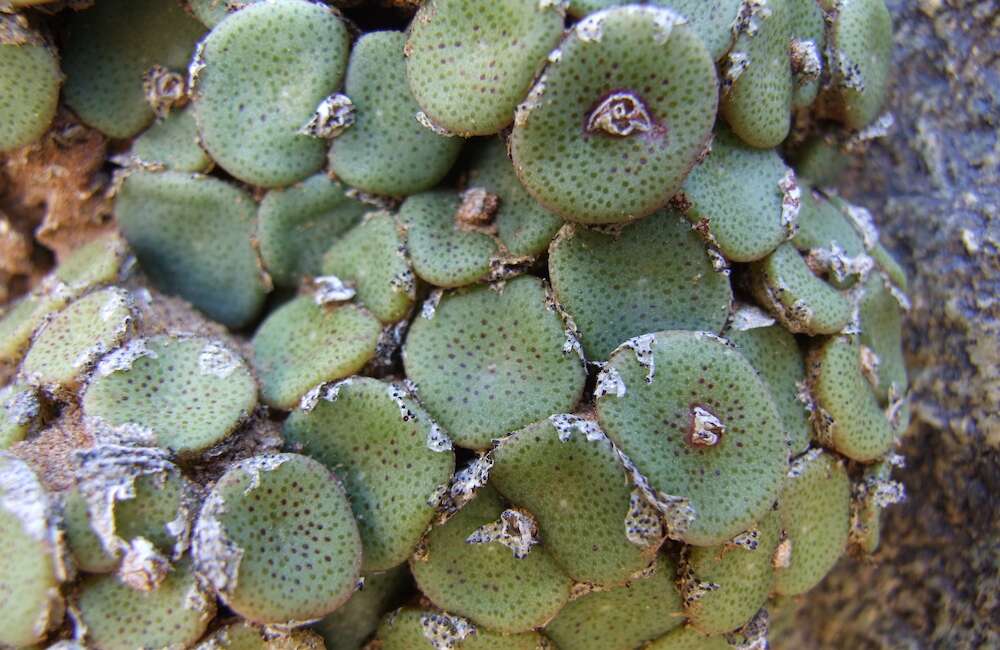
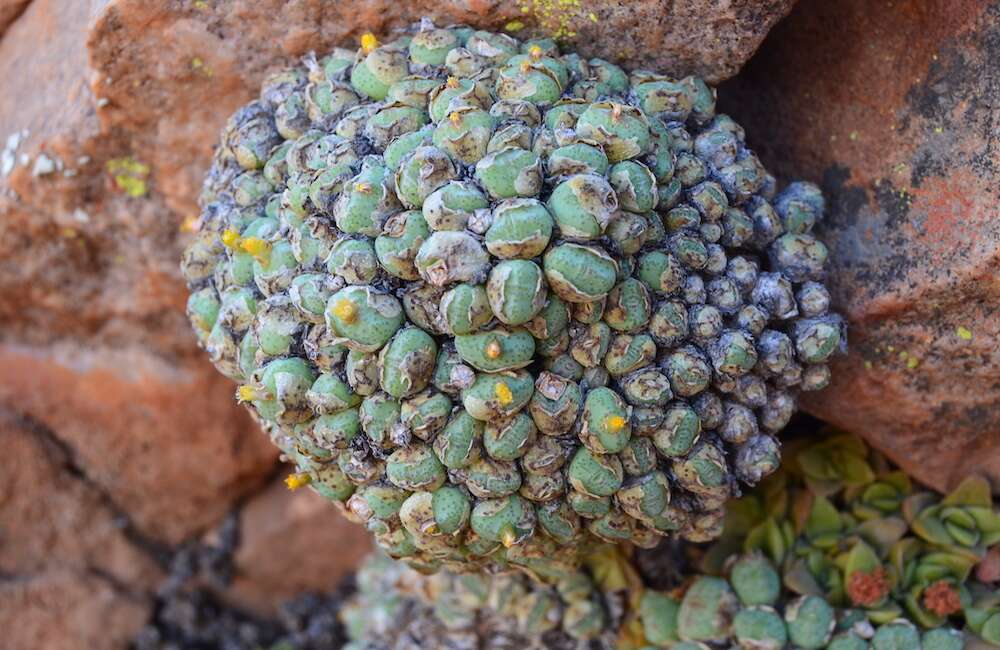
Among the priority tasks for the PPTT is to ensure that border officials are made aware of this problem and have clear Standard Operating Procedures to follow when intercepting plant traffickers. The PPTT team developed several posters, plant identification guides, and training curricula for border officials and law enforcement staff. This training and awareness programme was later extended to community members in communal conservancies in the northwest that host highly targeted species. A total of 242 community members from five conservancies were trained, who will help spread the word that these plants are threatened and that plant poaching is a crime.
Members of the PPTT undertook a Flora-Focused Trafficking visit to South Africa to engage with counterparts and share experiences and lessons learned on the illegal harvesting, trafficking, and trade of succulent plants. Our South African colleagues included botanical experts, non-governmental organisations working on plant conservation, and relevant government officials.
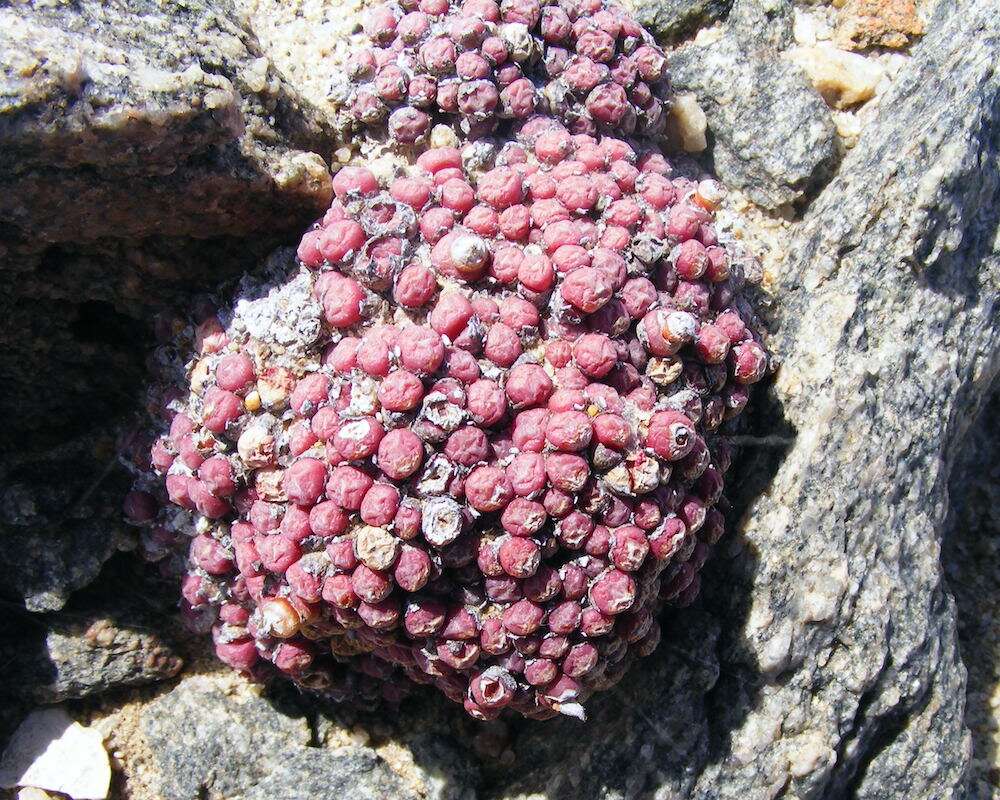
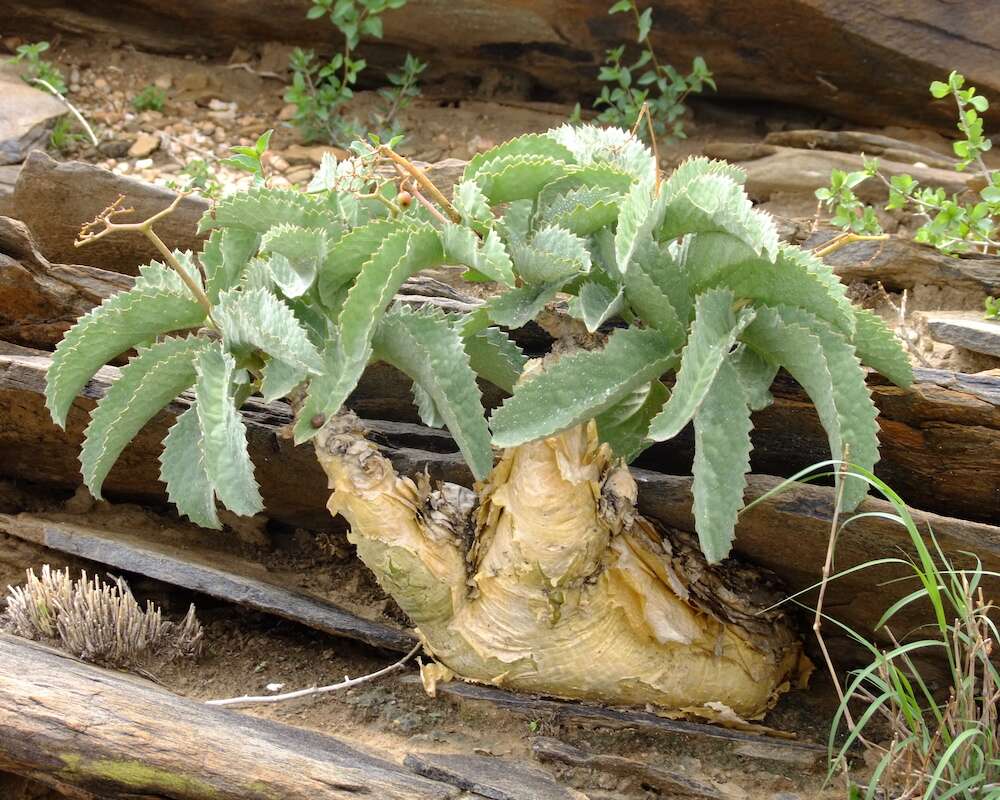
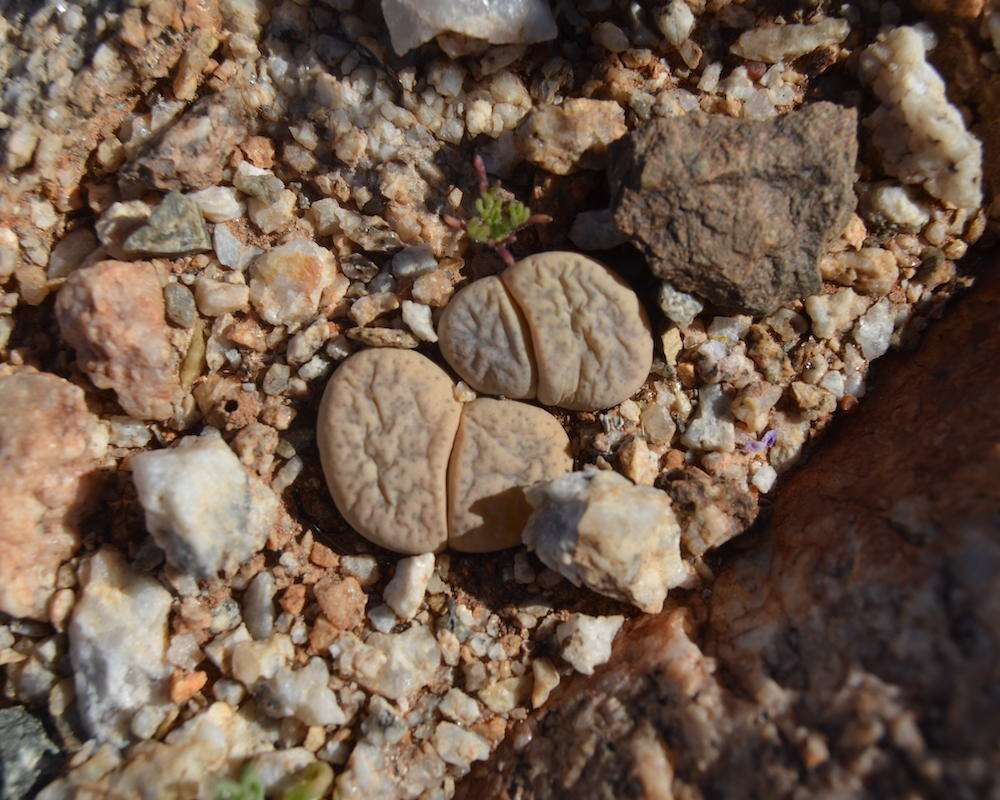
Our collective efforts resulted in a significant breakthrough in November 2023 with the arrest of Diana Mashiku, a plant poaching kingpin from Tanzania, and her three Namibian accomplices. The suspects were arrested for possession of 46 Adenia pechuelii plants, known as Elephant’s Foot. This endemic species is highly sought-after by international plant collectors because of its peculiar shape that comes from growing in rocky areas. Unfortunately, plants from the wild are preferred as plants grown in the nursery tend to have a uniform shape. Based on the rate of illegal harvesting, Adenia pechuelii is threatened with extinction.
The kingpin, Ms. Mashiku, was charged with contraventions of the Prevention of Organised Crime Act 24 of 2004 (POCA), and the Forest Act 12 of 2001, as well as violations of the Immigration Act (conducting business without a permit). She entered a guilty plea and was sentenced to a fine of N$ 4000 (or twelve months imprisonment) for the Forest charges and another N$ 4000 (or imprisonment) for violations under the Immigration Act. The organised crime charges relating to illegal commercial activities carry heavier sentences – she was therefore fined a further N$ 20 000 (or five years imprisonment). The same charges against her Namibian co-accused persons are still pending. These additional charges and sentences might carry a stronger deterrent message, although the value of these plants on the international market continues to incentivise poaching.
This case revealed a new dimension of wildlife crime in Namibia and laid the foundation for collaboration between local law enforcement agencies and their counterparts in foreign jurisdictions. Namibian and Tanzanian officials working for their respective environment ministries were able to discuss this issue further during the African Wildlife Forensic Network workshop in November 2023. The criminal connections between the two countries are being further investigated to uncover trafficking routes and identify kingpins in the international syndicates.
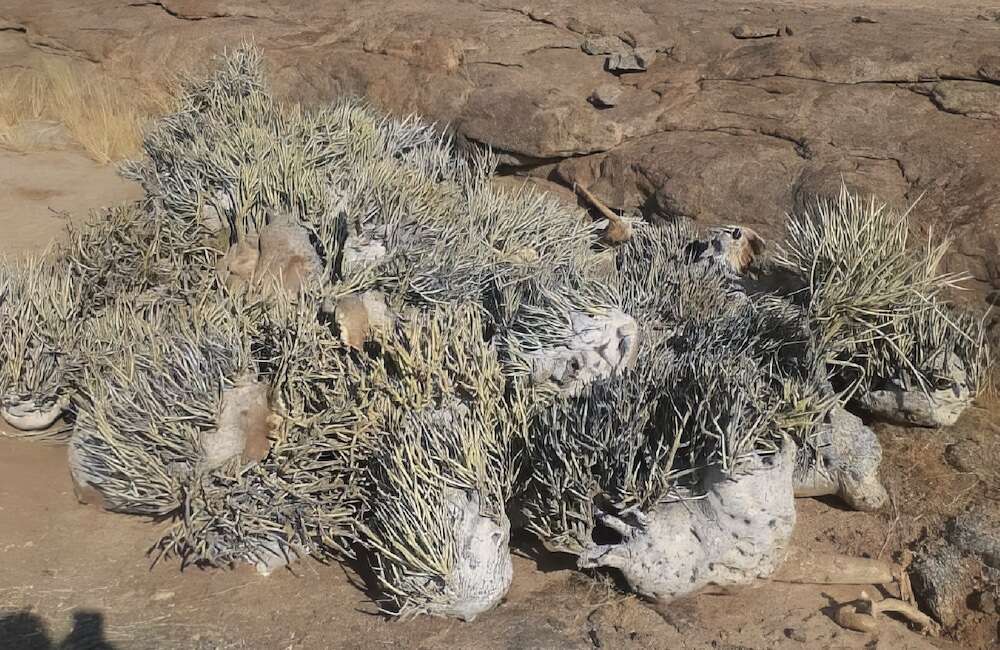
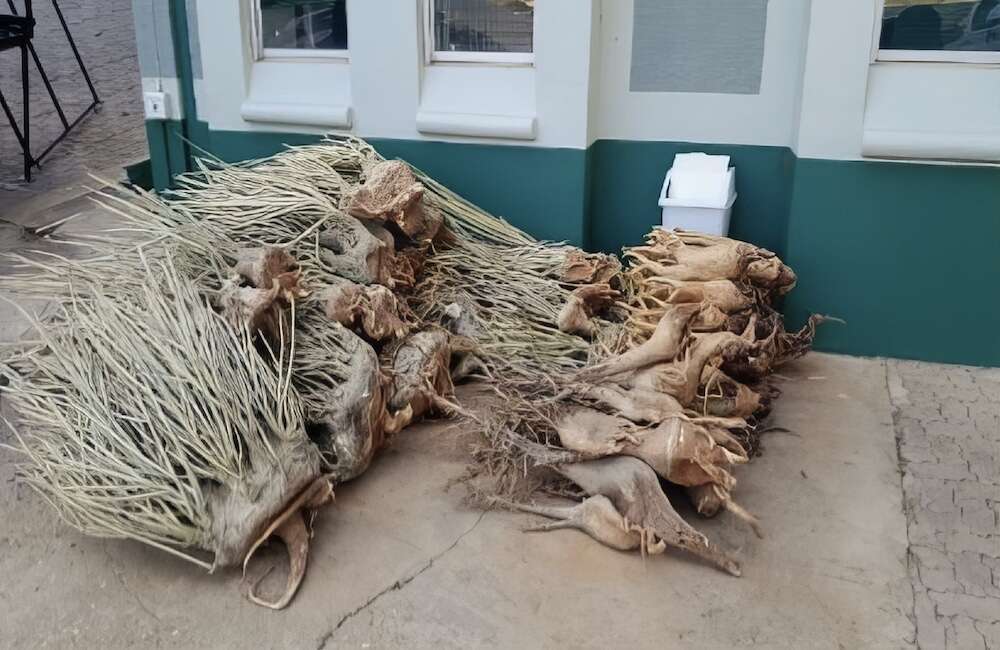
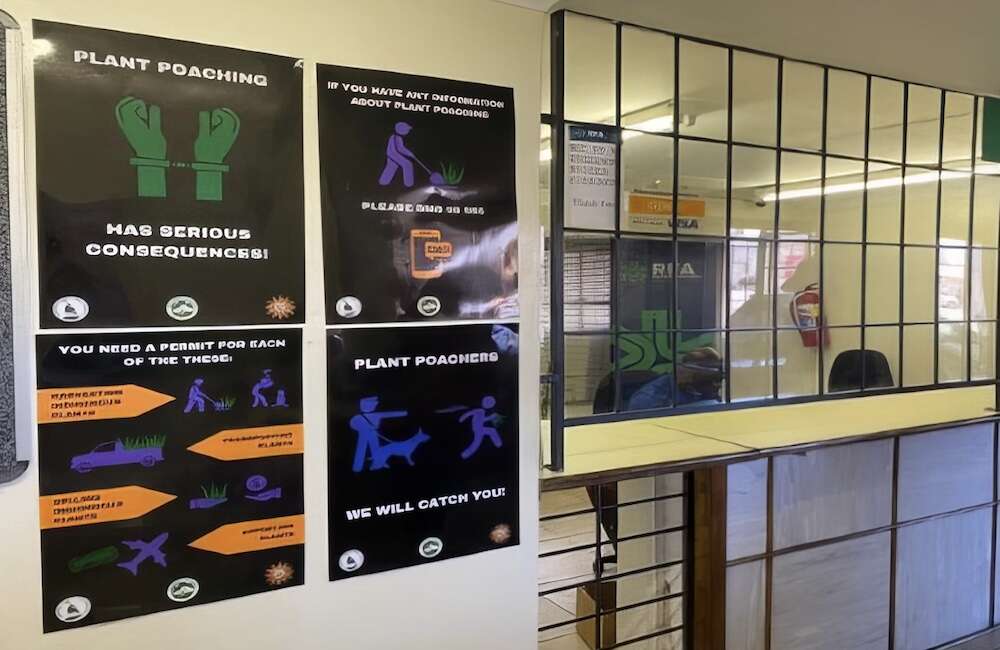
What happens to the plants in these cases? Unlike poached animals, plants get a second chance at life, although replanting and caring for them is a costly exercise that may fail if the plants are too stressed. All consignments intercepted and confiscated are handed over to the National Botanical Research Institute (NBRI) in line with the Chain of Custody. NBRI staff provide the plants with initial care in nursery conditions, replanting healthy individuals within their natural habitat. Once the confiscated plants have been replanted in suitable habitats under the custodianship of landowners and communities, they are monitored at least once a year to determine the plants' survival rate and health status.
Preventing the illegal harvesting, trafficking and trade of endemic and protected plant species is an important part of the overall fight against wildlife crime. The PPTT has made a promising start, illustrated by the increase in interception of illegal consignments and number of criminal cases registered. We continue to raise awareness among government officials and local communities about the threats that plant poaching poses to our environment, while our joint law enforcement efforts ensure that plant traffickers are arrested and prosecuted for their crimes.
More about the Protected Plants Task Team
The PPTT consists of members from the Ministry of Environment, Forestry and Tourism represented by the National Botanical Research Institute of the Directorate of Forestry, and the Intelligence Investigation Unit (IIU) of the Directorate of Wildlife and National Parks (DWNP); the Protected Resources Division (PRD) of the Namibian Police; and the Namibia Revenue Agency (NamRa), the latter three entities also forms part of the multi-agency Blue Rhino Task Team, with technical support provided by the United States Forest Service International Program. The PPTT is supported by the RooiKat Trust; the Namibia Nature Foundation; the US Department of State, Bureau of International Narcotics and Law Enforcement Affairs (INL) and the US Fish and Wildlife Service.
Authors
Esmerialda Strauss, Deputy Director Forest & Botanical Research, Directorate of Forestry, Ministry of Environment, Forestry & Tourism.
Leevi Nanyeni, Senior Forester, National Botanical Garden of Namibia, National Botanical Research, Directorate of Forestry, Ministry of Environment, Forestry & Tourism.
Theunis Pietersen, Control Warden, Intelligence Investigation Unit (IIU), Directorate of Wildlife and National Parks, Ministry of Environment, Forestry & Tourism.
For articles on similar topics, please click one of the following options:
For more great articles from Conservation Namibia see below...
Conservation Namibia brought to you by:
We use cookies to monitor site usage and to help improve it. See our Privacy Policy for details. By continuing to use the site, you acknowledge acceptance of our policy.

